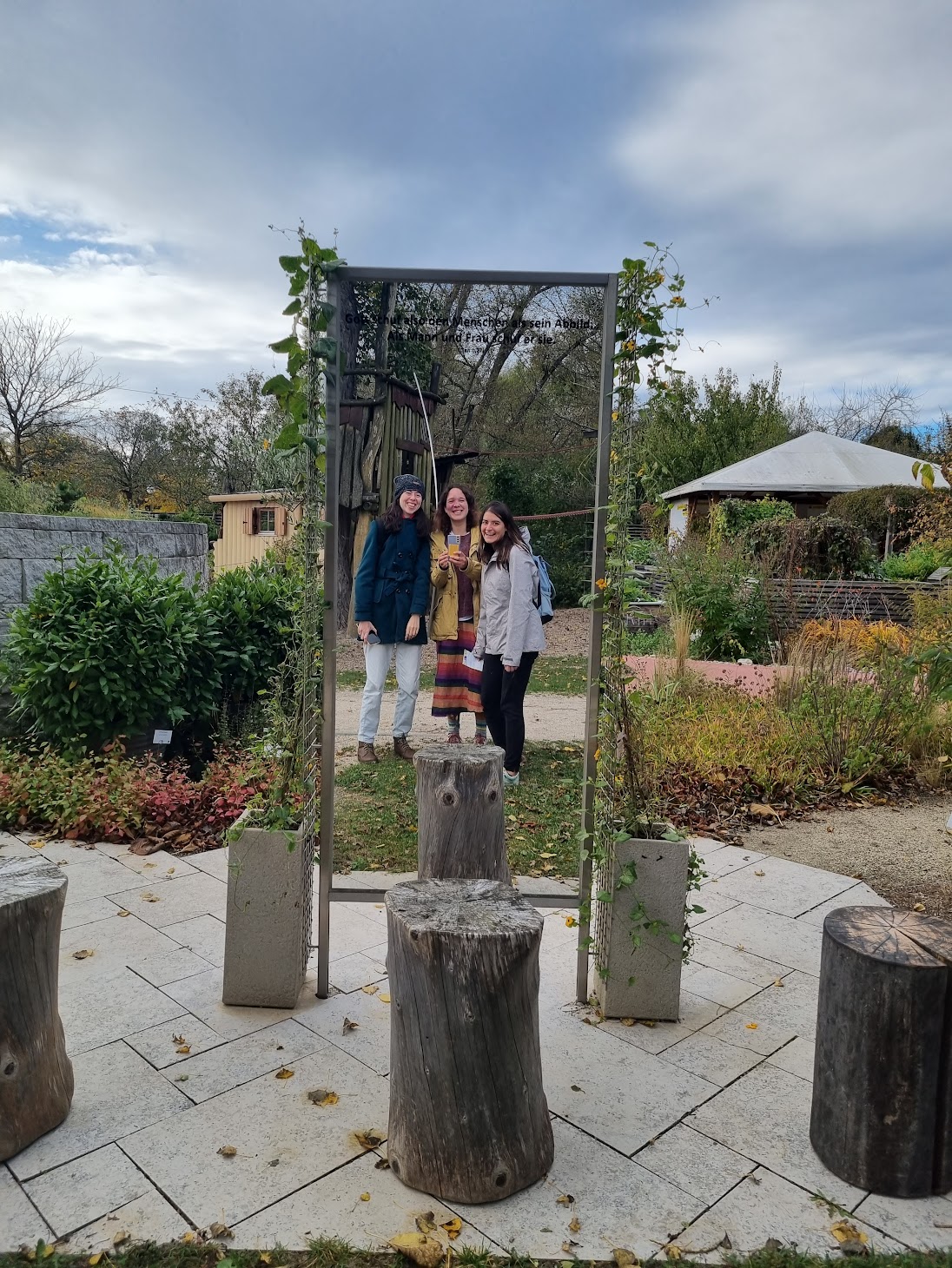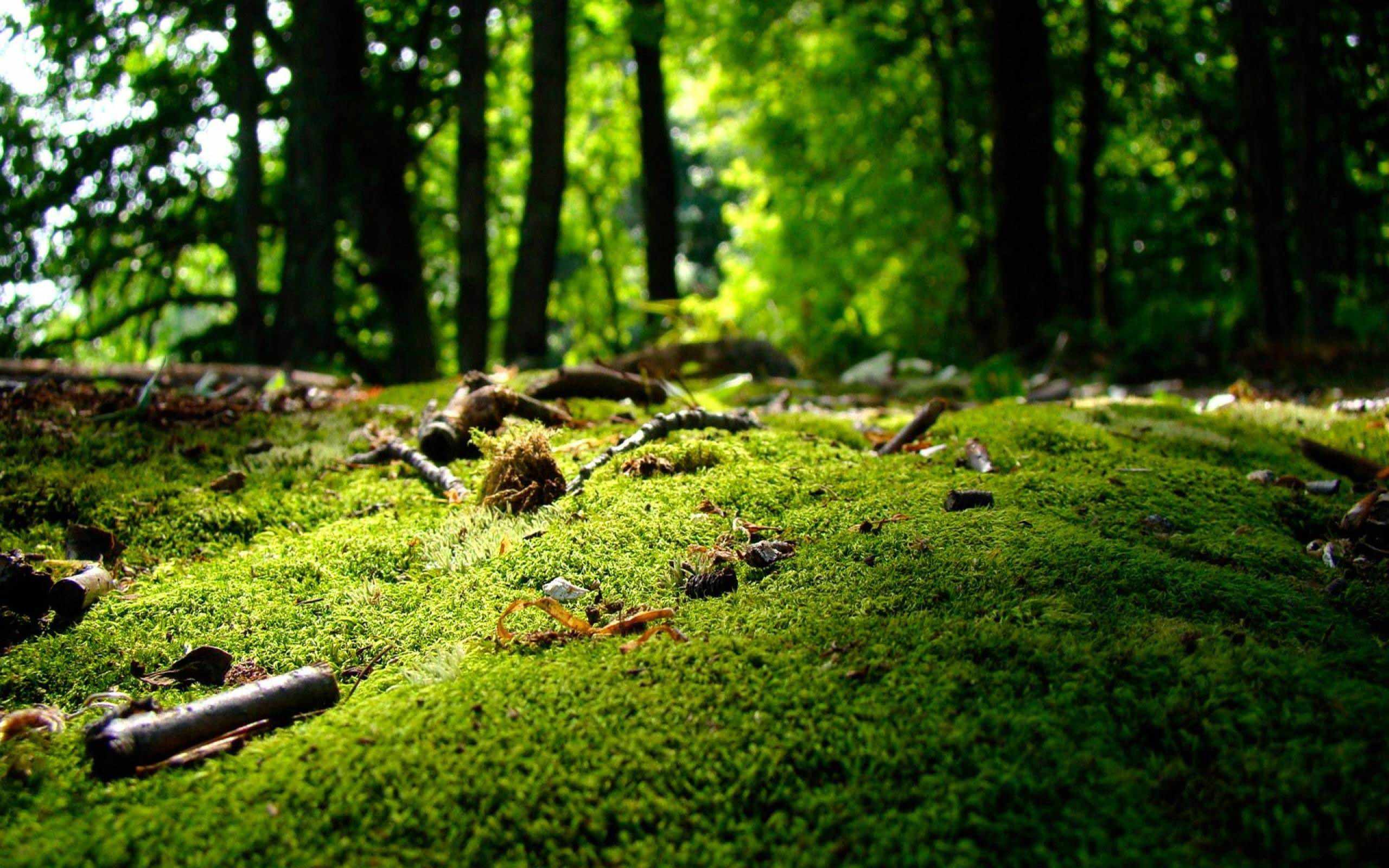Author:
Green Steps
Short summary:
Elena is about to complete her ESC-volunteership with Green Steps! This is an article about her adventures, outcomes and achievements.

We realize how much we've changed when we return home. Now I am trying to imagine arriving at the train station in my hometown, walking across the yard to my door, running up the stairs, and ringing the bell.
I know a lot of things are still the same but I'll see it differently because I’ve changed. I like these moments.
I suppose the most significant change I will notice while walking in my favorite park near my home. I think I will notice trees that I've never seen before just like I started noticing birds everywhere after my first ornithological sounds exam.
I will compare trees in my town with Austrian trees. Tree species are very different, in my town there are no beech, chestnut, plane, walnut, hazelnut, black pine and other trees that are typical for Austria. Tree species are very different but birds sing “in the same language” in both countries.
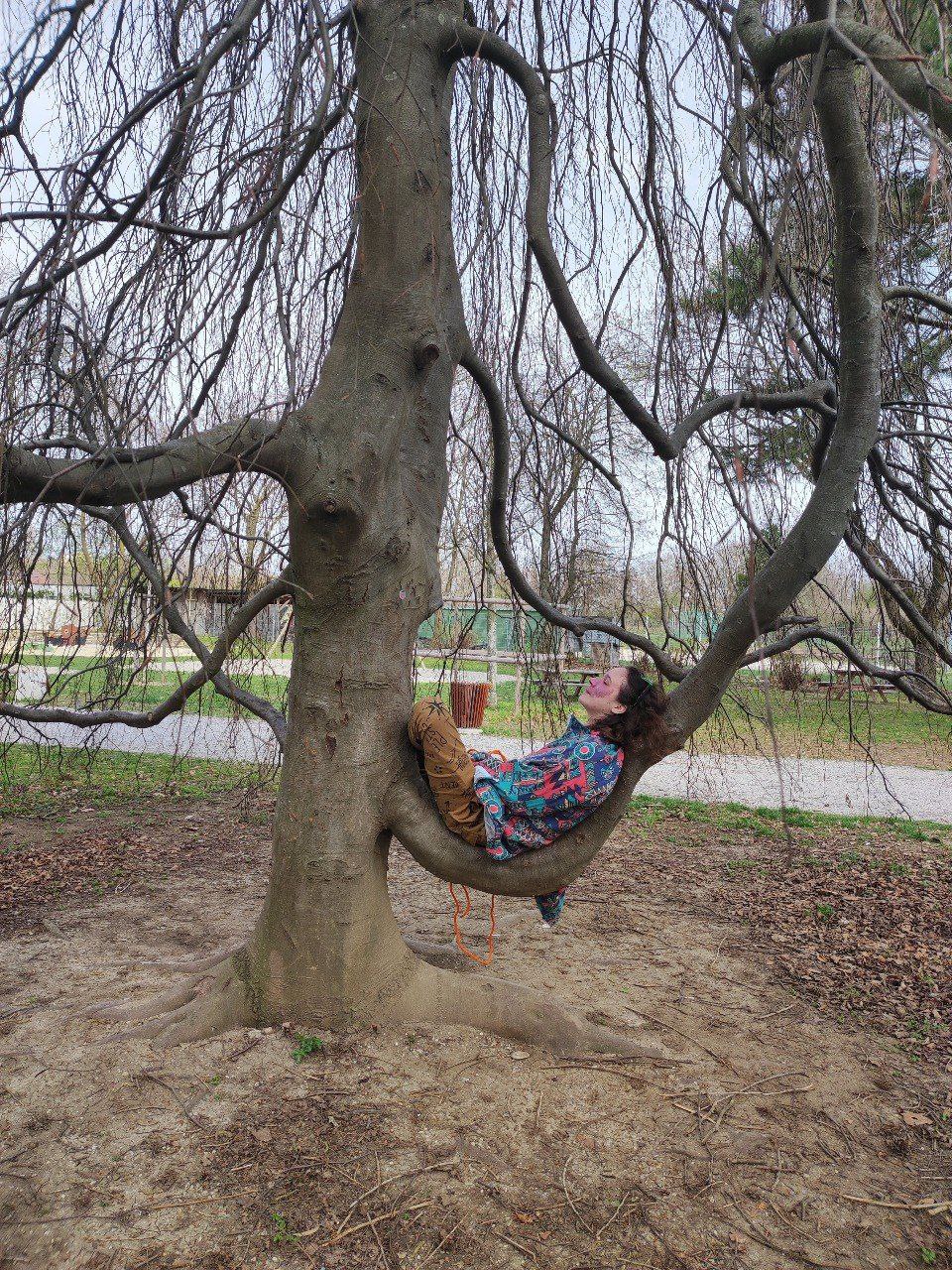
My main tasks in Green Steps were assisting with routes and quests design, helping with events preparation, creating species and specimens on the ARK platform, writing articles and creating best practices.
Events
I was assisting in various event preparation for example Groovy Garden sessions with a local school, summer camp for children, Plastic Pirates event and BFG walks.
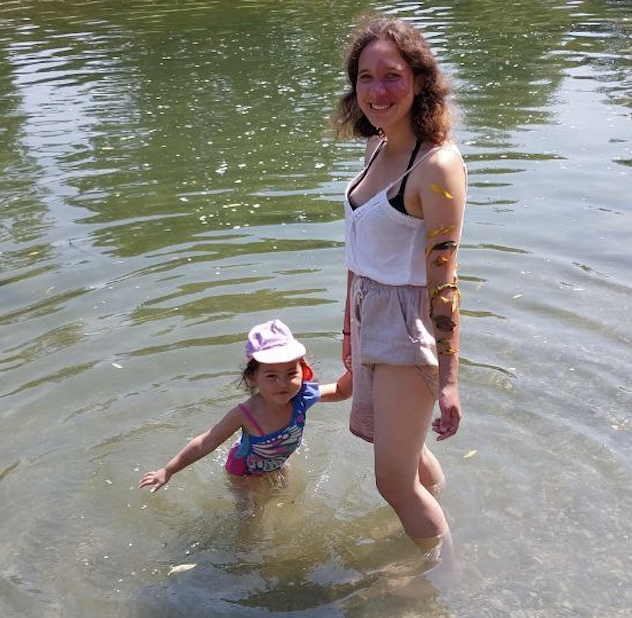
Routes and Quests design
I always thought that the connection between nature and culture is a very important topic which is why I find the project so fascinating. Each route has a topic, for example Ronja, the Robber's Daughter, Star Wars, Dinosaurs, Big Fish or Austrian musicians. Connecting routes in nature with books and films is an exciting process and I enjoyed it a lot.
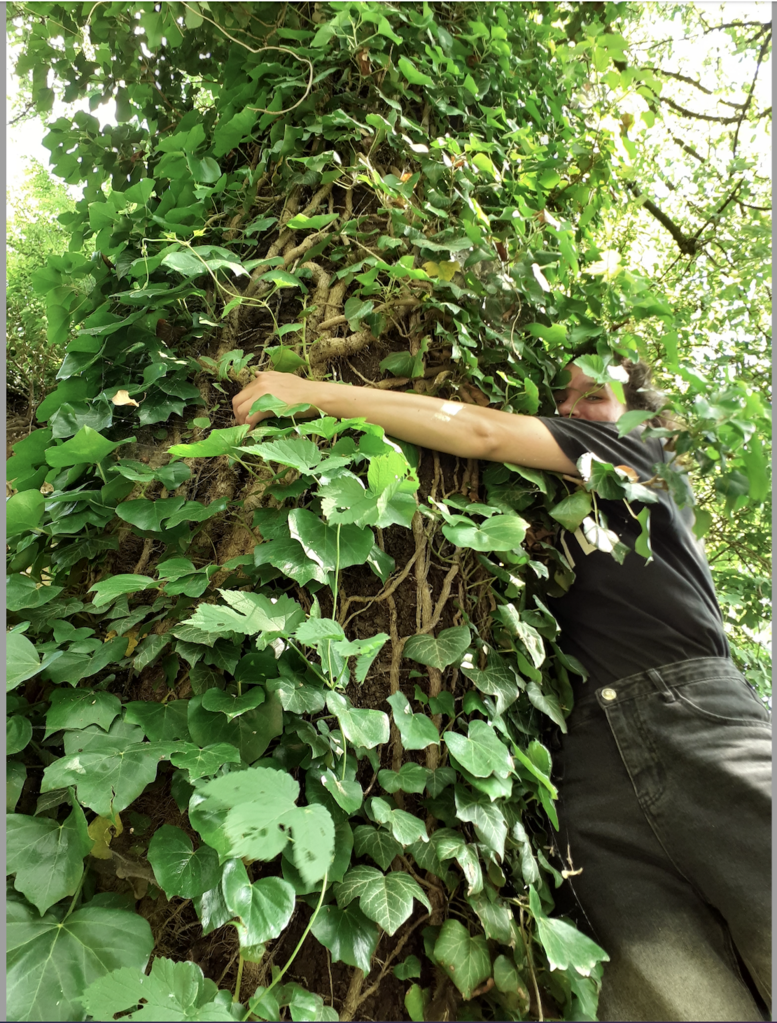
Species and Specimens on the ARK
Apart from creating new species of birds and trees I also created new tree specimens. Each tree on the route has a name, a story and a personality.
One of my favorite specimens in St. Polten is Obi-Wan – a giant English Oak standing on the side of a stream with a small bridge leading to it. The oak has a code OB-01 which is why we gave it the name Obi-Wan.
I personally like it because of the connection between Star Wars and an old Welsh poem about trees:
The music in Qui-Gon's death scene is titled "The Duel of the Fates" (by John Williams). The lyrics are based on a fragment of the Welsh poem "Cad Goddeu," meaning "The Battle of the Trees," found in the medieval manuscript known as the Book of Taliesin. The poem narrates the tale of a Welsh hero who animates trees to combat the forces of death and the underworld.
I became aware of this connection in the middle of the project. At that time we had already done plenty of tree walks and I started to remember their names and personalities. That is why I was happy to find the poem because each tree in the battle has its own character and powers just like the trees in our routes.
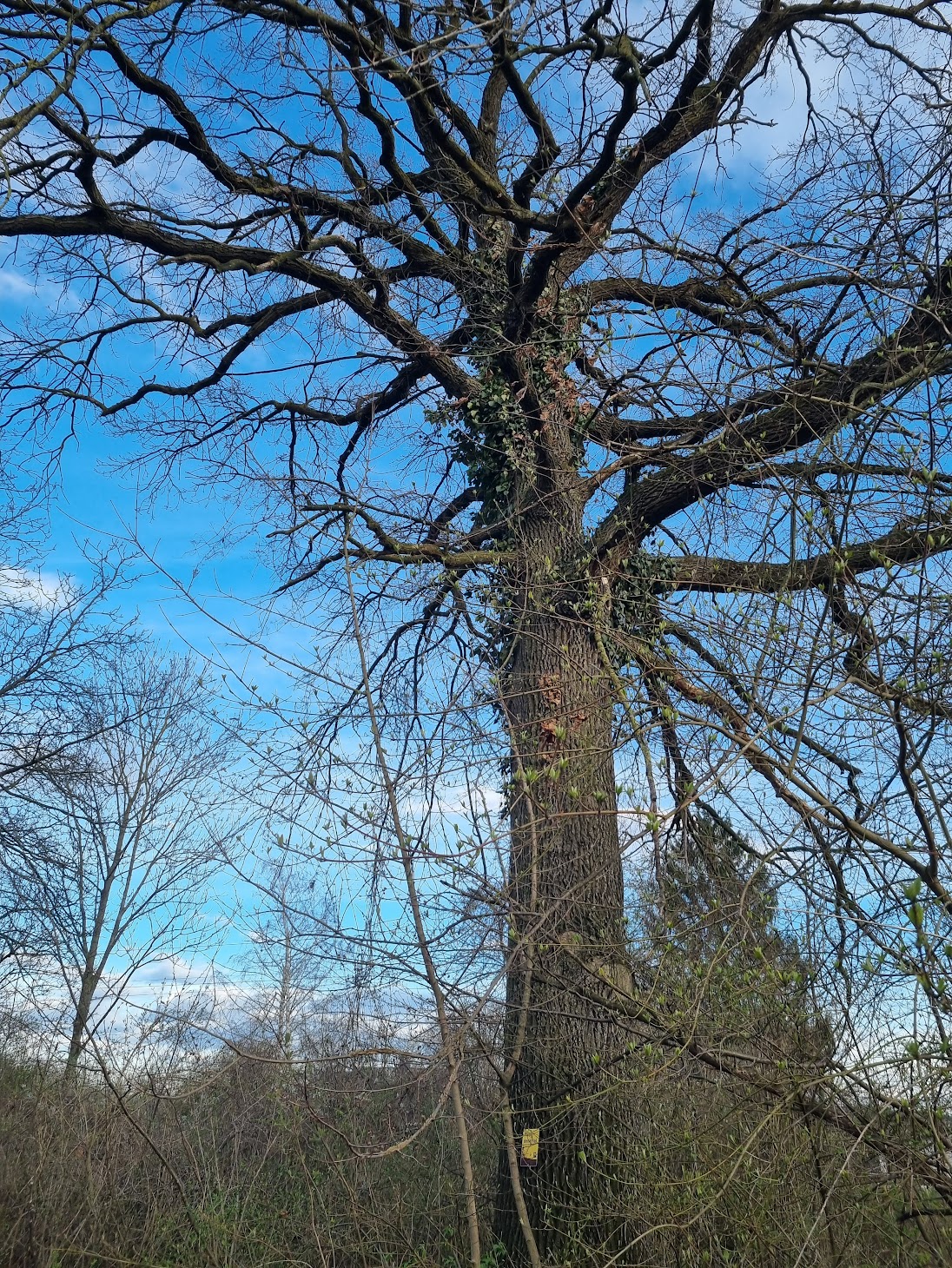
Articles
I wrote 12 articles during my years of volunteering and here are my favorite ones:
The article is about our ornithological trip to the Neusiedler See.
Article about our biotope maintenance events with Lanius
Our BFG walk in Viehofen where trees called the "Scream" and "Guardian of the souls" are located.
On ecosystem services provided by trees for butterflies and amphibians.
Best Practices
Here are some of the best practices I helped design:
The evolution of birds
Junior Archaeologist game
Tree Decoration workshop
Ecoregions of the Soviet Union
Summary from the ARK
- number of IP collected as learner, guardian, facilitator
learner 40%
guardian 24%
guide 36%
- number of activities participated and/or facilitated
42
- BI
39% in St. Polten
50% in Krems
Results
I learned a lot of interesting things about nature, improved my skills in recognising tree and bird species, gain gardening skills, learned more about biogeography and place-based education, gained new knowledge in pedagogy and biology (especially botany, ornithology, batrachology and ecology).
In addition I improved my english skills, especially in writing and speaking.
On the diagram you can track my learning progress. When I arrived I set up goals that I wanted to achieve. The goal (for example 10 in Hands-on competence or 5 in German) is not the maximum but the maximum that I thought I could reach in a year compare to my starting point. In some competences e.g. Literacy or Environmental I reached my goal, in some others like German and Interpersonal I didn’t. But the most important thing is that during my project I learned something new every day and that’s what I enjoy the most!
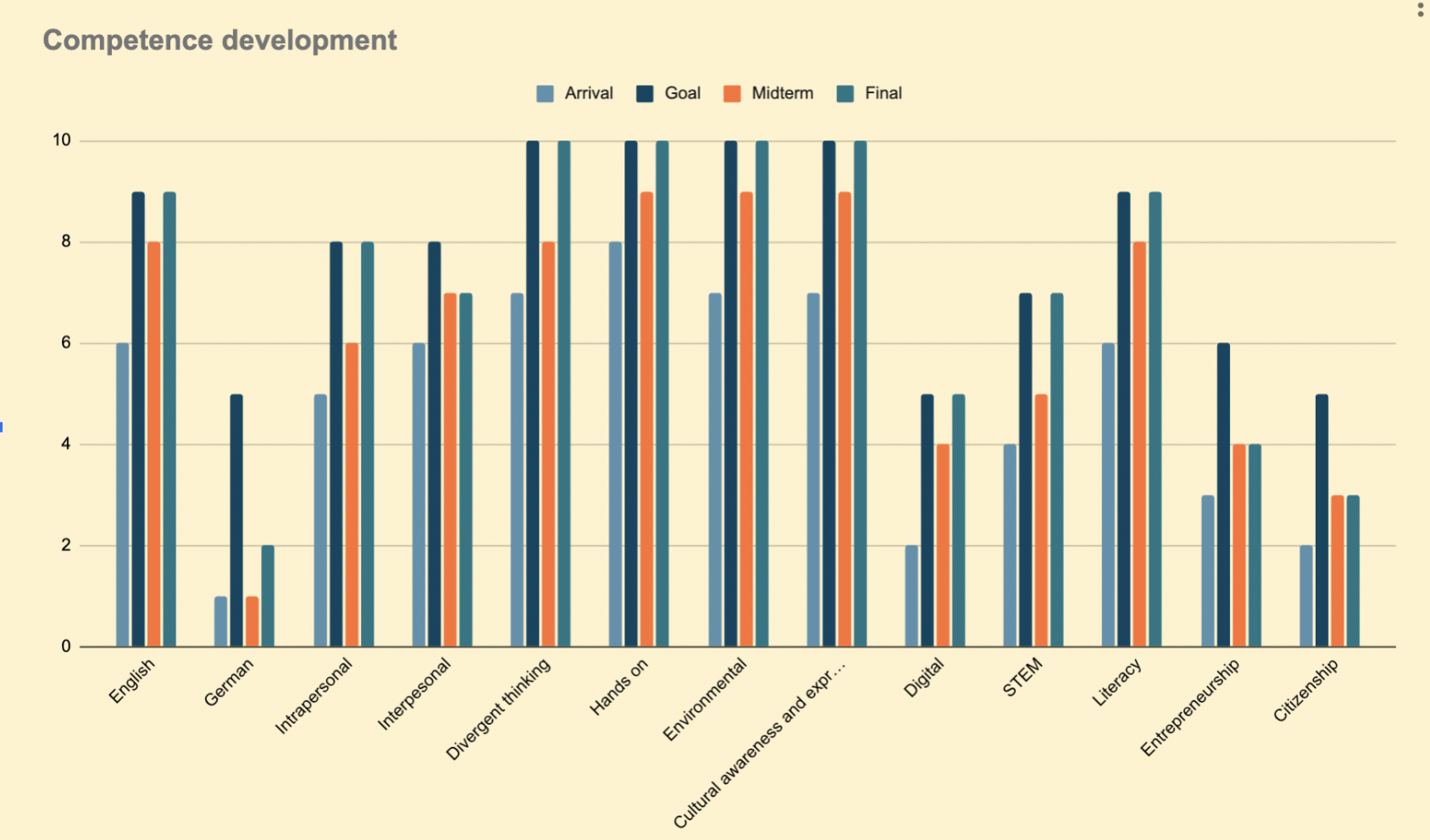
This is a great opportunity for people that not only love nature but want to know more about it! It is a great chance to improve your knowledge in biology, ecology and pedagogy. If you are interested in these fields it is a great idea to apply for ESC-volunteering in Green Steps!
